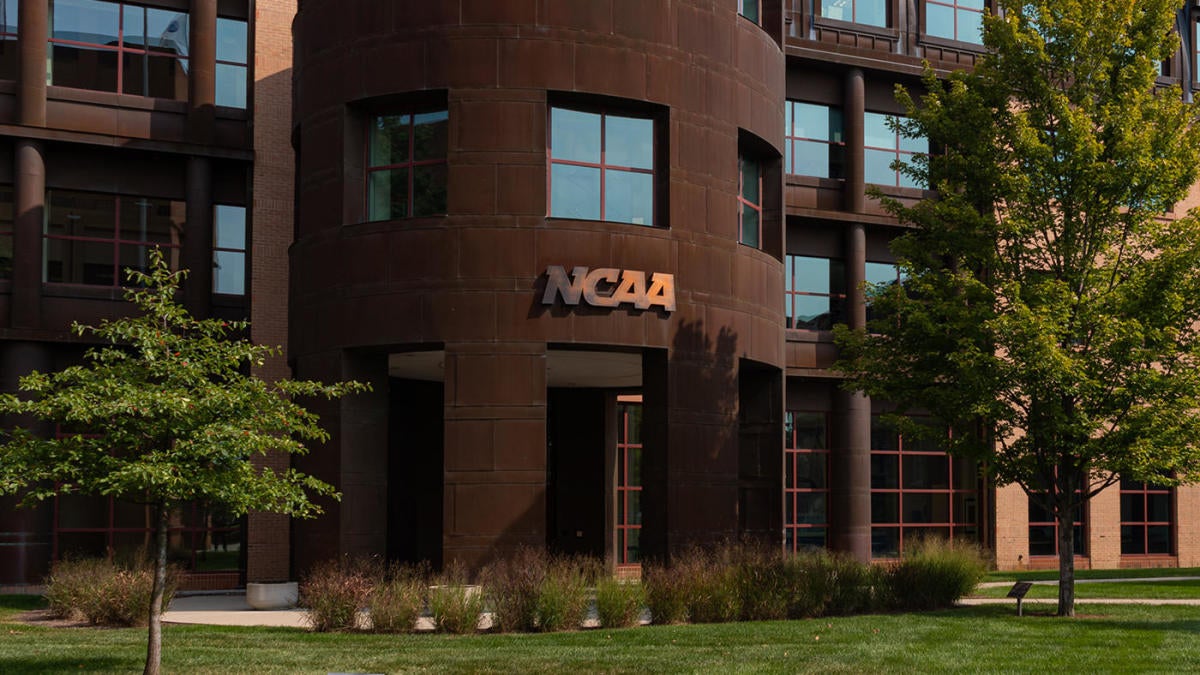The NCAA model took another hit late Friday when a federal district judge awarded class-action status to an ongoing antitrust lawsuit against the NCAA.
U.S. District Judge Claudia Wilken ruled in House v. NCAA that not only the original plaintiffs could proceed with their lawsuit but potentially thousands of NCAA athletes could be grouped into a class that may potentially have been harmed. The lawsuit filed in 2020 seeks $1.4 billion in damages representing name, image and likeness revenue those athletes could have earned if it had been allowed during their enrollment.
The lawsuit seeks backpay for NIL and a portion of broadcast revenues. Former Arizona State swimmer Grant House is the lead plaintiff in the case; he is joined by former Oregon basketball player Sedona Prince and former Illinois football player Tymir Oliver.
Under antitrust law, damages would be tripled if the NCAA loses -- meaning a potential payout of $4.2 billion. The NCAA's net assets for fiscal 2022 were $458 million.

 www.cbssports.com
www.cbssports.com
U.S. District Judge Claudia Wilken ruled in House v. NCAA that not only the original plaintiffs could proceed with their lawsuit but potentially thousands of NCAA athletes could be grouped into a class that may potentially have been harmed. The lawsuit filed in 2020 seeks $1.4 billion in damages representing name, image and likeness revenue those athletes could have earned if it had been allowed during their enrollment.
The lawsuit seeks backpay for NIL and a portion of broadcast revenues. Former Arizona State swimmer Grant House is the lead plaintiff in the case; he is joined by former Oregon basketball player Sedona Prince and former Illinois football player Tymir Oliver.
Under antitrust law, damages would be tripled if the NCAA loses -- meaning a potential payout of $4.2 billion. The NCAA's net assets for fiscal 2022 were $458 million.

Judge's ruling could lead to billions in damages as 'worst-case scenario' rears head for NCAA
The NCAA continues to take hits on multiple legal fronts

